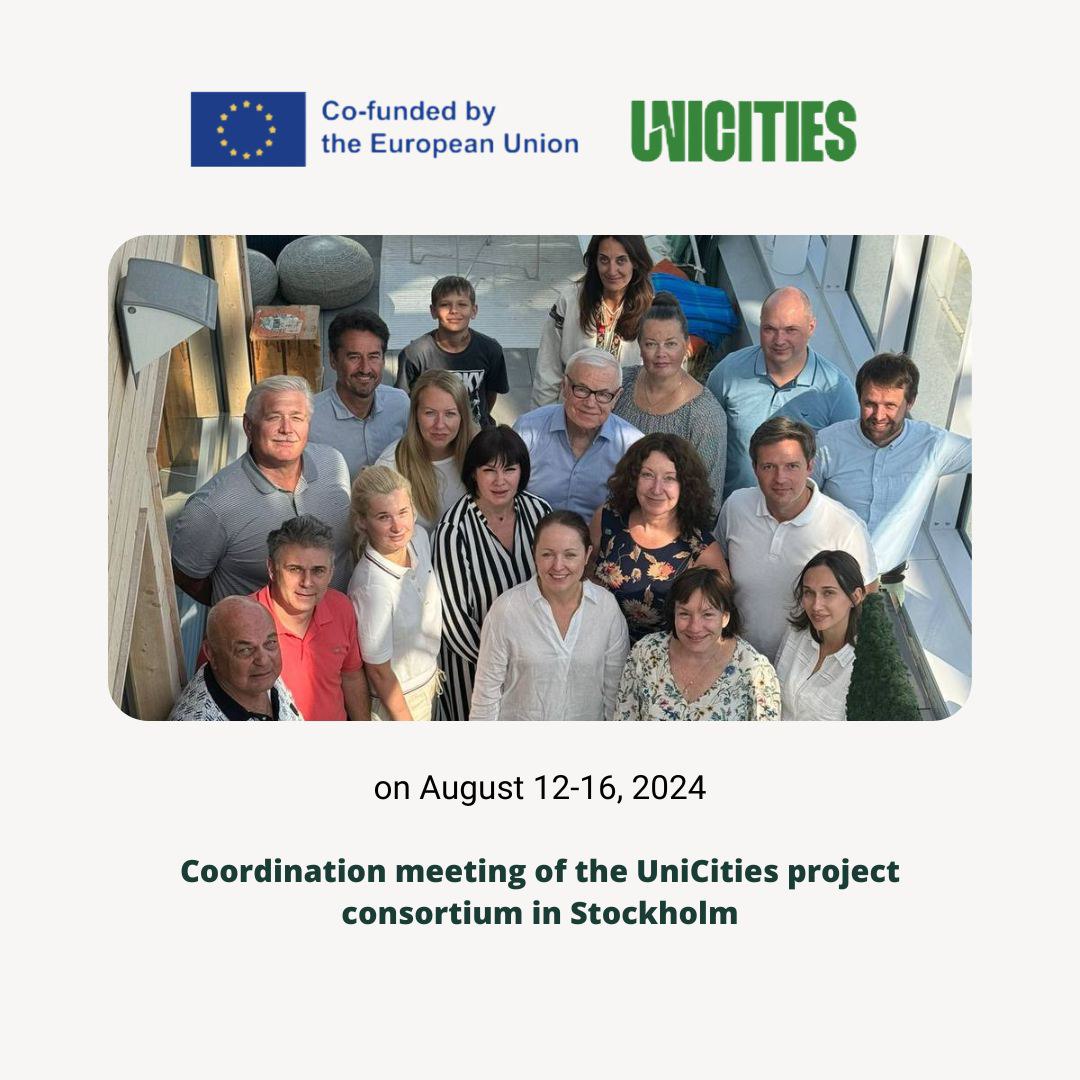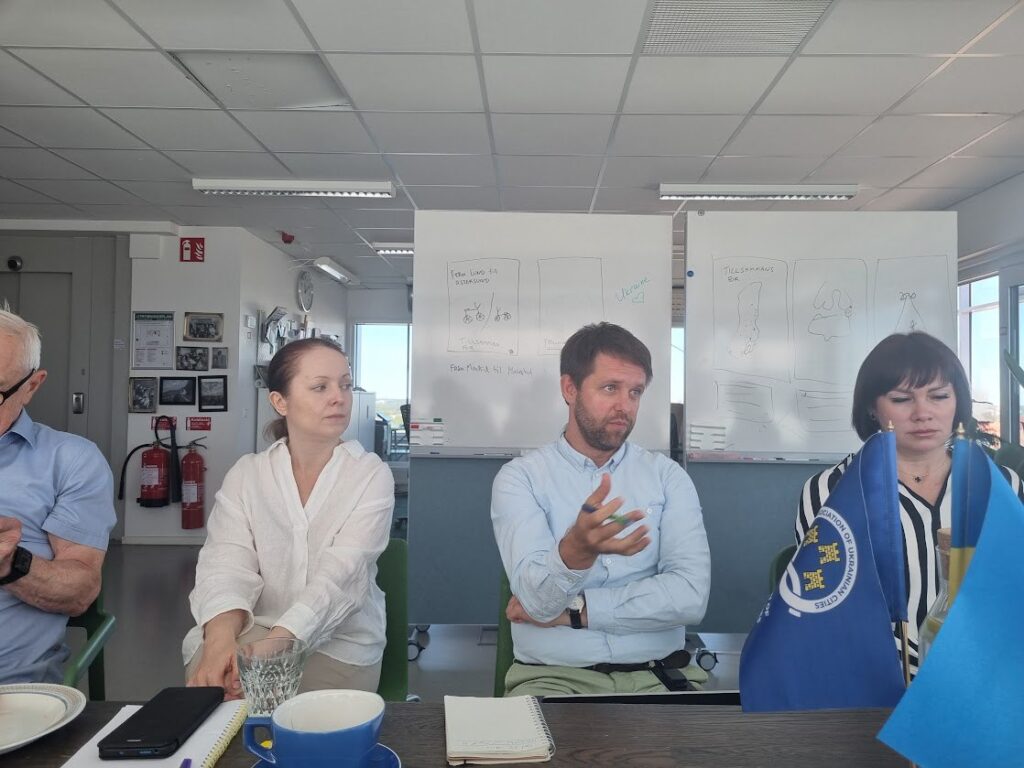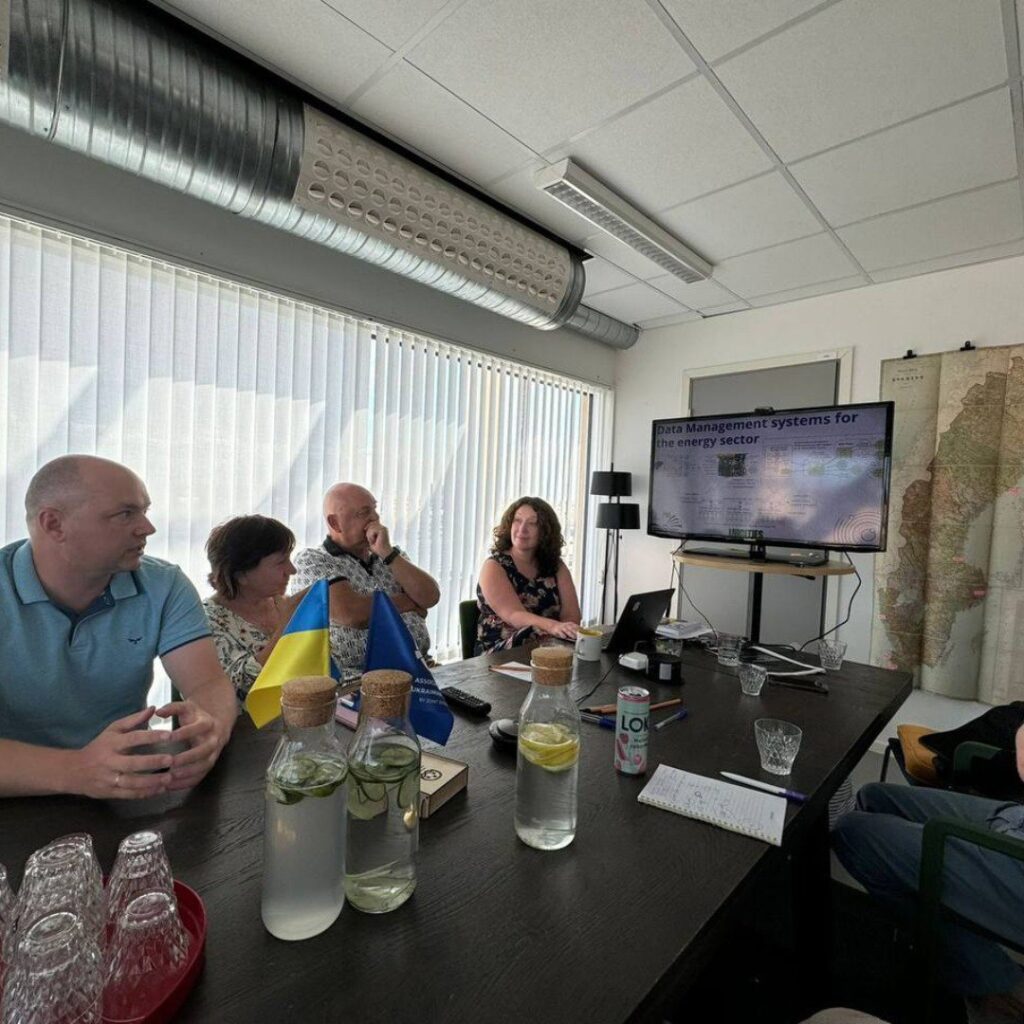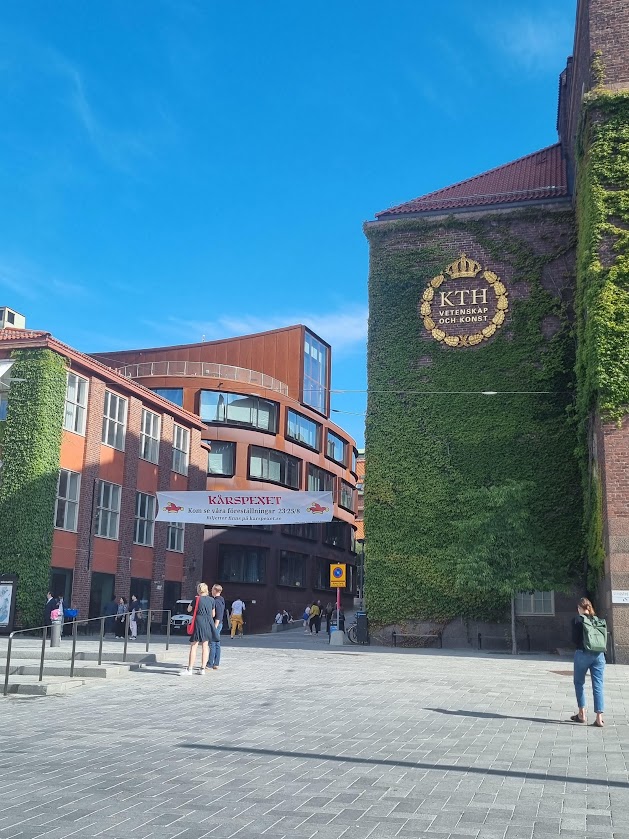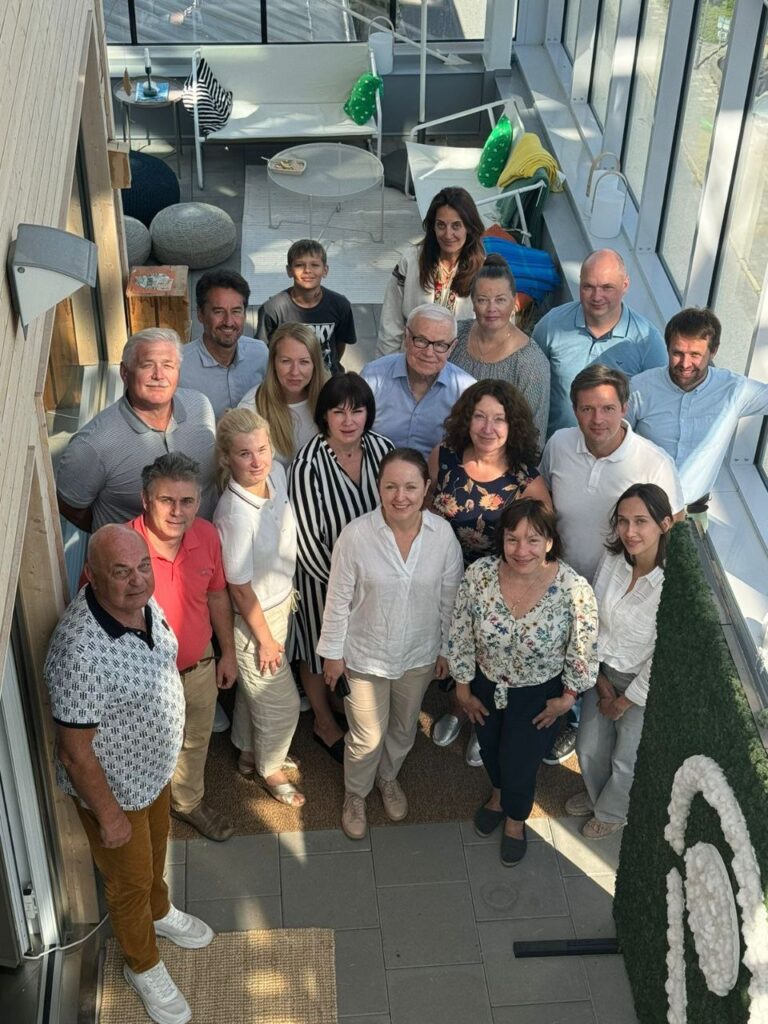UniCities project coordination meeting in Stockholm
On August 12-16, 2024, representatives of the Chernihiv Polytechnic National University, Doctor of Economics, Professor, Head of the Department of Economics, Accounting and Taxation Zhanna Derii and PhD, Associate Professor, Head of the Department of Electrical Engineering and Information and Measuring Technologies Anatolii Prystupa took part in the coordination meeting of the UniCities project consortium – “To unlock the transformative potential of Ukrainian universities as catalysts and accelerators of systemic change in cities towards sustainability”, which was held at the Royal Institute of Technology (KTH), Stockholm.
The participants presented the results of the project and progress in achieving the outlined objectives. Interesting and informative presentations by the partner universities on the launch and operation of the University-City Collaboration Centres sparked a lively discussion on the opportunities and challenges for Ukrainian cities in the direction of climate neutrality. It is the cooperation of scientists with representatives of local governments, the public sector, and business that allows to perform work more efficiently and qualitatively, which was confirmed by the presentation of our university’s achievements in this area.
One of the sessions was devoted to the introduction of an interdisciplinary course focused on solving sustainable development problems to promote in-depth learning and empowerment of various stakeholder groups. In particular, a number of the university’s study programmes are introducing a course Smart Cities and climate adaptation and mitigation strategies.
The results of the summer school “Shaping Urban Development Tomorrow” were evaluated, which was attended and actively participated by students of various courses and educational programmes, and the format of the school in 2025 was determined.
Further plans were also outlined to implement the project’s objectives and prepare a Periodic Report for the European Commission.
The work of the UniCities project consortium has demonstrated a clear strategy for the further development of the project and the achievement of its goals.
This project is co-funded by the European Union. The views and opinions expressed are those of the authors and do not necessarily reflect those of the European Union or the European Education and Culture Executive Agency (EACEA). The European Union and the granting body cannot be held responsible for them.
